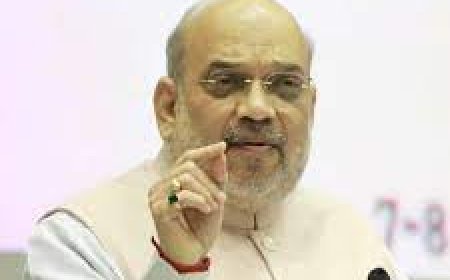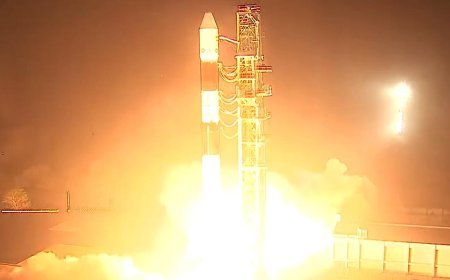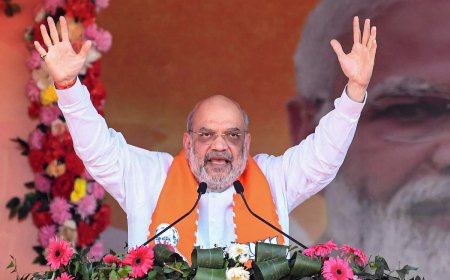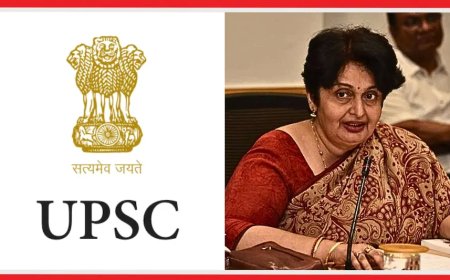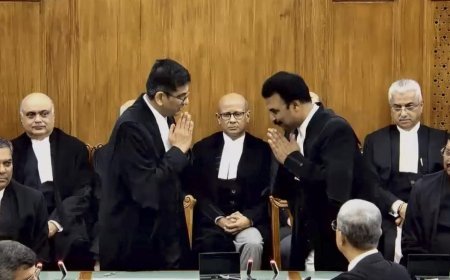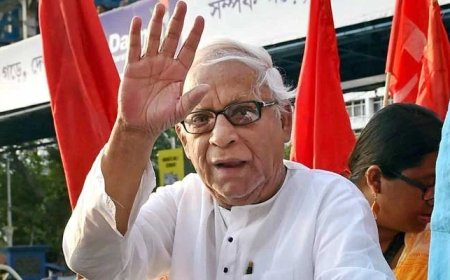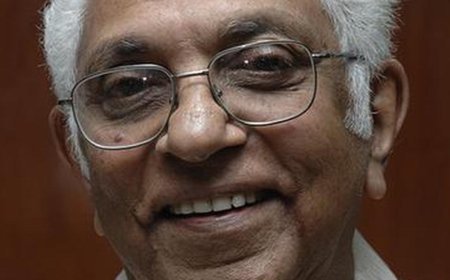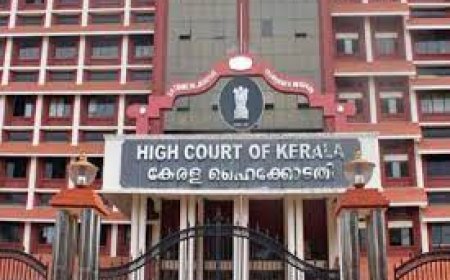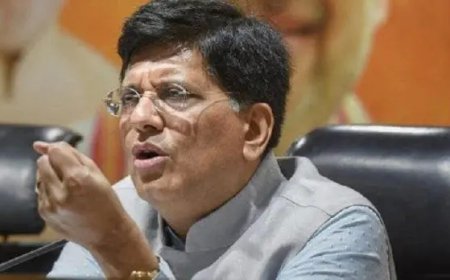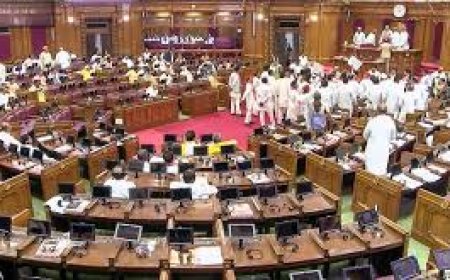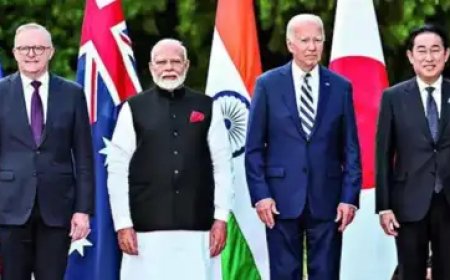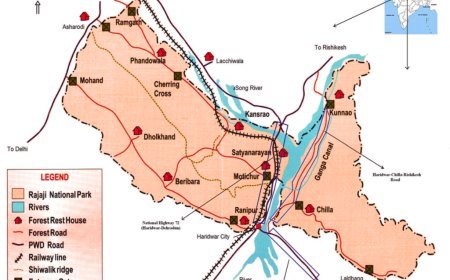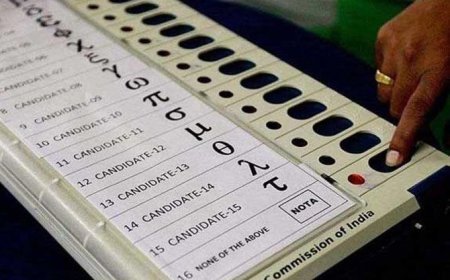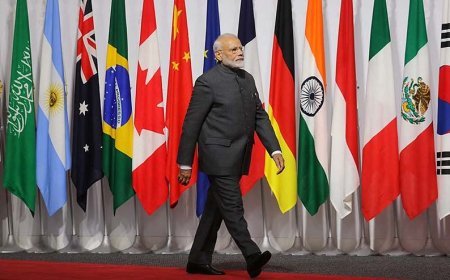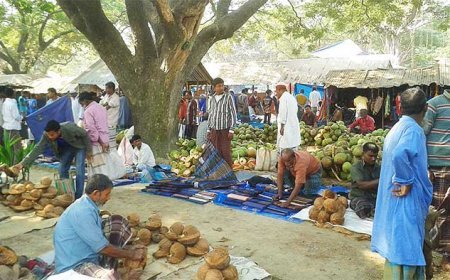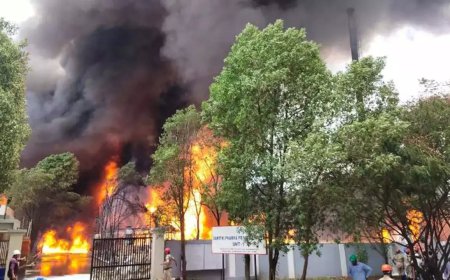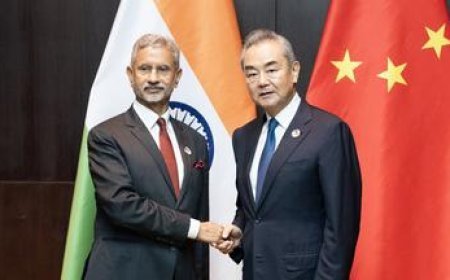Analysis of The Hindu Editorial: Reign of Chaos: On Bangladesh’s Most Tumultuous Phase

Analysis of The Hindu Editorial: Reign of Chaos: On Bangladesh’s Most Tumultuous Phase
This editorial is based on "Reign of chaos: On Bangladesh’s most tumultuous phase," published in The Hindu on August 10, 2024. The article examines the current state of chaos in Bangladesh following the resignation of Sheikh Hasina and the appointment of Nobel laureate Muhammad Yunus as the head of the interim government.
Description
Bangladesh is undergoing one of its most chaotic periods following the abrupt resignation and departure of Sheikh Hasina amid violent protests. Nobel laureate Muhammad Yunus, known for his pioneering work in microfinance, has been appointed as the head of the interim government, inheriting a nation on the brink of collapse. Violence continues to plague the country, with extremist groups targeting minorities and the Awami League’s supporters. The state bureaucracy has become dysfunctional, and law enforcement is conspicuously absent.
Information
- Political Transition: Muhammad Yunus has taken charge as the head of an interim government at a time when Bangladesh is deeply divided and engulfed in violence. His appointment, supported by the military and the President, signals a move towards reconciliation, but the challenges ahead are immense.
- Violence and Lawlessness: The absence of effective governance has led to widespread violence, particularly against minorities and supporters of the previous regime. The military’s involvement in the transition raises concerns, given its history of intervention in politics.
- Challenges for the Interim Government: Yunus faces the daunting tasks of restoring law and order, managing the military’s role, and facilitating free and fair elections to bring stability to the country.
Effects
- Humanitarian Crisis: The ongoing violence has exacerbated the suffering of vulnerable communities, particularly religious minorities like Hindus and Ahmedis. The political instability has also paralyzed essential services, worsening the living conditions for millions.
- Political Power Struggle: The fall of Sheikh Hasina has emboldened Islamist groups like Jamaat and the BNP, which have a history of political violence and majoritarianism. This shift in power dynamics could lead to further unrest and challenges to secular governance.
- Regional Implications: The instability in Bangladesh has potential ripple effects across the region, particularly for neighboring countries like India, which has strategic interests in ensuring a stable and secular Bangladesh.
Possible Way Forward
- Restoring Law and Order: The immediate priority for Yunus's administration should be to curb the violence and reestablish the rule of law. This involves deploying security forces effectively and ensuring that extremist elements are brought under control.
- Managing the Military’s Role: Keeping the military confined to the barracks and out of politics is crucial for preventing a return to authoritarian rule. Yunus must navigate this delicately to avoid further destabilization.
- Facilitating Elections: The ultimate goal should be to conduct free and fair elections as soon as possible. Only a democratically elected government with broad public support can bring lasting stability to Bangladesh.
Other Instances and Effects
- Historical Precedents: The military’s past involvement in Bangladesh’s politics has often led to prolonged periods of authoritarian rule and political violence. Ensuring that this pattern does not repeat is essential for the country’s future.
- Impact on Secularism: The rise of Islamist groups and their newfound influence pose a significant threat to the secular fabric of Bangladesh. This could lead to long-term changes in the country’s political and social landscape, affecting its identity and governance.
Conclusion
Bangladesh is at a critical juncture, facing severe internal strife and political uncertainty. Muhammad Yunus’s appointment as the interim leader is a step towards reconciliation, but the challenges ahead are formidable. Restoring peace, ensuring military neutrality, and conducting democratic elections are essential to stabilizing the country. The outcome of this tumultuous phase will not only determine Bangladesh’s future but also have significant implications for regional stability and international relations. The success of this transitional period depends on the ability of Yunus and his administration to address these complex challenges effectively.
What's Your Reaction?









